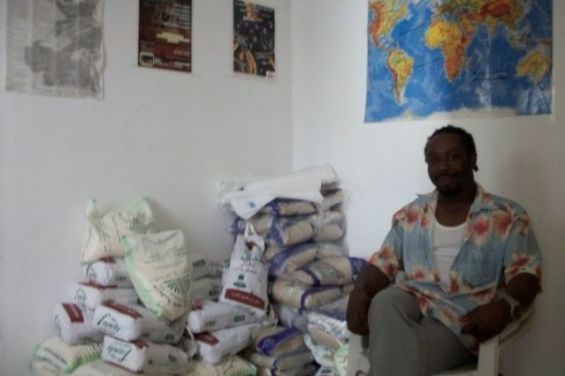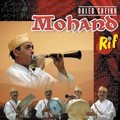To help them survive the lockdown and the current coronavirus crisis, Ghanaian artist Reuben Odoi Yemoh has launched a crowdfunding campaign to support West and Central African migrants in Morocco. «They are the most vulnerable», said the Rabat-based producer referring to English-speaking migrants in the Kingdom.
Through his initiative, launched on the crowdfunding platform GoFundMe, Yemoh wants to distribute food essentials kits to the English-speaking migrant community in Casablanca amid the lockdown, during which many of them have lost their jobs or found themselves penniless as some of them make a living on the streets.
Speaking to Yabiladi, Tuesday, Yemoh explained that one of the reasons that make this minority more vulnerable to this situation is the fact that most of its members «don’t have access to information».
The language barrier
Referring to what he calls a «language barrier», Yemoh said that «English-speaking migrants don’t know where to go» when they are in need. «Most French-speaking migrants already know where to help when in need but those who can’t speak French remain the most invisible to NGOs», he regretted.
While most of these migrants, coming from English-speaking African countries, tend to find a way out on the streets to communicate with locals or receive monetary or in-kind donations, it remains hard for them to reach associations and bodies that can provide help. «When you have every information written in French or in Arabic, that is when the problem becomes a real one», he added.
According to Yemoh who heads The Minority Globe, another association that helps migrants, not being able to communicate and reach out to the right people can, unfortunately, make these groups rely on «people that could take advantage of their situation».
To make his initiative happen, Yemoh is relying on his network to reach members of the English-speaking migrant community in the city. «I use the food coupons method in collaboration with supermarkets in districts with a high density of migrants, in order to limit the risk of crowds», he further explained.
«Beneficiaries are thus independent in their purchase and movement, by presenting their coupons whenever they wish at the supermarket in their neighborhood», according to him. Although his main focus is on West and Central African migrants, the initiative is open for everyone, said Yemoh who also declared that the first kit will be handed today to its first beneficiary.




 chargement...
chargement...












